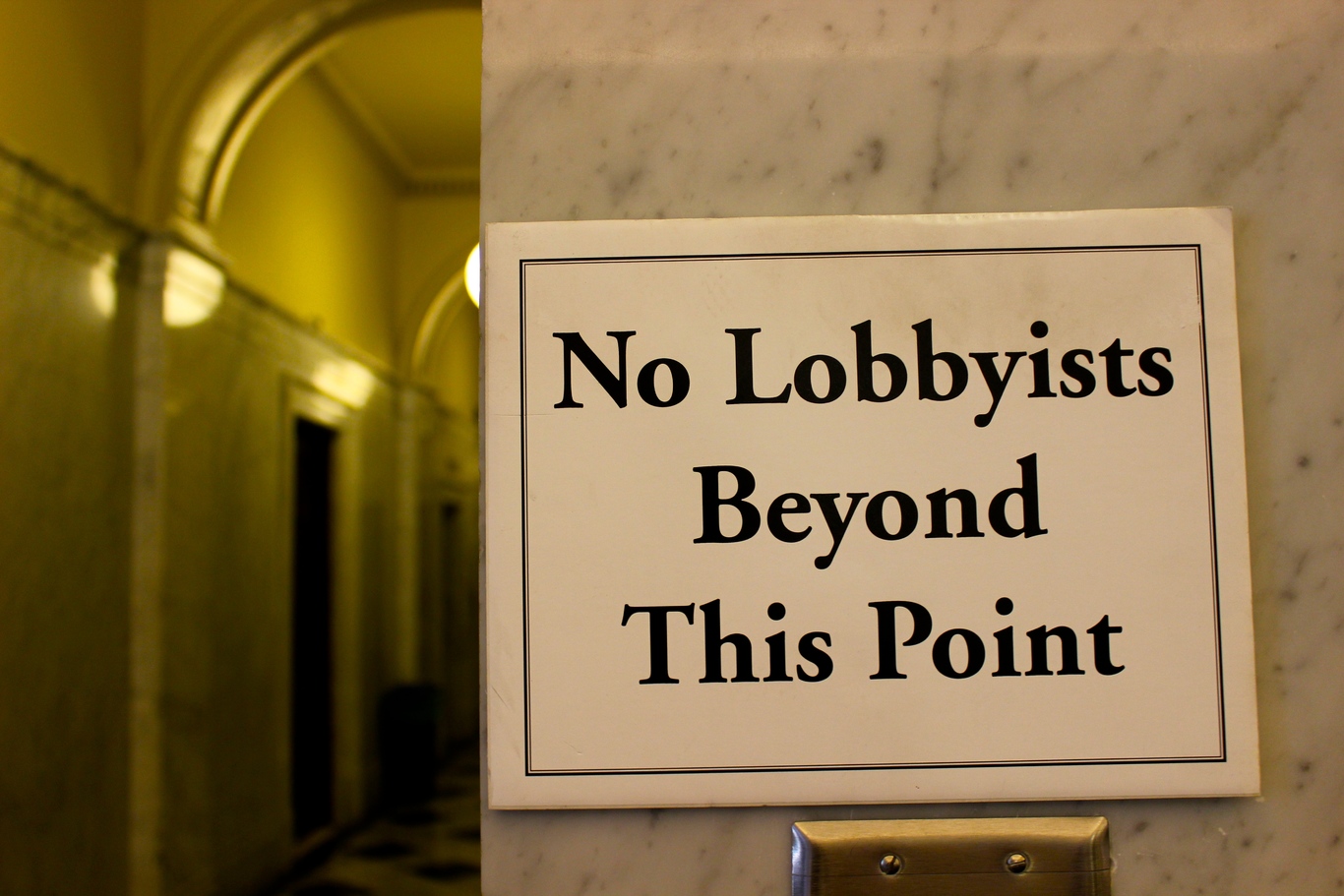Why taking a 'minimalist' approach to new lobbying rules is a mistake for Irish firms
The Lobbying Act is about more than just compliance – it’s about communications and reputation.
OVER THE NEXT three weeks, more than 1,300 organisations will sit down to make their four-monthly Lobbying Act returns.
This will be the third time those returns will have had to be made, and slowly the business community is appreciating their importance.
So far, more than 4,500 returns have been made, all of which can be easily searched at Lobbying.ie. The volume of those returns will further speed up as the lobbying regulator, the Standards Commission, will shortly have the powers to investigate possible infringements and take enforcement actions against those who are not compliant.
Given that, it is timely for businesses to take stock of their approach to lobbying compliance.
In the first instance, CEOs should review the commission’s website and in particular its three-step guide to what is lobbying activity. Since the legislation requires the reporting of any attempts to influence policy, legislation, government expenditure or planning, it is likely that most companies of scale will be covered.
Therefore, businesses will need to decide what type of approach to take to compliance.
At first glance the act can be seen as a regulatory challenge, which inclines people to take a legalistic approach and a minimalist approach. That would be a mistake.
Considered reflection requires that compliance needs to be considered in the context of the organisation’s reputational standing. Therefore, it needs to be situated within the communications remit.
Firstly, lobbying returns are published online and are easily searchable. In addition to the commission analysing the returns for compliance, the returns will be consumed by:
- Journalists and transparency activists eager to report on published lobbying activity, but also keen to identify examples of where lobbying activity took places but was not reported on the return
- Competitors, for obvious reasons
- Public officials who were lobbied, or feel they should have been lobbied
- An organisation’s stakeholders, be it the shareholders of corporates, funders of charities or members of trade associations or professional bodies
The returns, therefore, require the same care, consideration and clarity of a press release, but also a communication to an elected representative or a senior civil servant.
Loopholes
Compared to most other forms of corporate regulation, the Lobbying Act it is a very broad piece of legislation. It has flaws, exemptions and what can be considered ‘loopholes’. These all allow for arguments to be made that certain activities do not need to be declared.
Such an approach is obviously attractive to those coming from a background that always seeks a rationale for not reporting activity.
However, the damage for non-compliance with the act in either its spirit or its letter will be reputational. While the commission will soon have enforcement powers, it is the media that will be the main police for the legislation.
It is difficult to see how a policy can be impacted upon that would not result in evidence or interaction being highlighted through a Freedom of Information request, a response to a parliamentary question, being disclosed in the published diaries of ministers or reported somehow in the media.
If a lobbying activity is not reported in the organisation’s returns but is exposed through other means, then the organisation will be required to defend that decision in the public domain.
Take the example of a company that operates in an area where a policy initiative is being considered that will significantly curtail that company’s future ability to operate or make a profit. The company engages in lobbying activity to prevent the initiative. However it adopts an approach which is able to find an argument for not declaring its activity. Despite the lobbying activity, the policy comes into force.
Stakeholders, not being aware of the ‘hidden’ lobbying activity, will rightly criticise management for failing to challenge the introduction of this legislation and apparently accepting it passively.
It is not difficult to imagine this being raised at AGMs by disgruntled shareholders, or by staff whose futures are threatened. Furthermore, when the company, as a last-ditch effort, tries to win broader public or political support, it will rightly be asked, ‘If this is such a big deal, then why were you not lobbying about it for the past few months or years?’
Perverse
While the Lobbying Act is perverse in that there are no obligations on the decision-makers who actually have all the power in the lobbying relationship, organisations that sail close to the wind in terms of compliance will undoubtedly face greater challenges in securing access when they need it.
A senior public servant or politician would also be foolish to engage with an organisation that has a tarnished reputation in terms of compliance with the act.
There will, of course, be times when an organisation for commercial reasons will be reluctant to release information into the public domain, but there are clear mechanisms for commercially sensitive material to be delayed.
Ultimately, for a company to impact policy, the argument being made must be in the public interest. That argument must stand up to scrutiny, and if an organisation is undertaking lobbying activity that it cannot stand behind in public, then it must consider why it is undertaking that activity.
John Carroll is CEO of the Public Relations Institute of Ireland (PRII), the professional body for PR and communications professionals.
If you want to share your opinion, advice or story, contact opinion@fora.ie.






